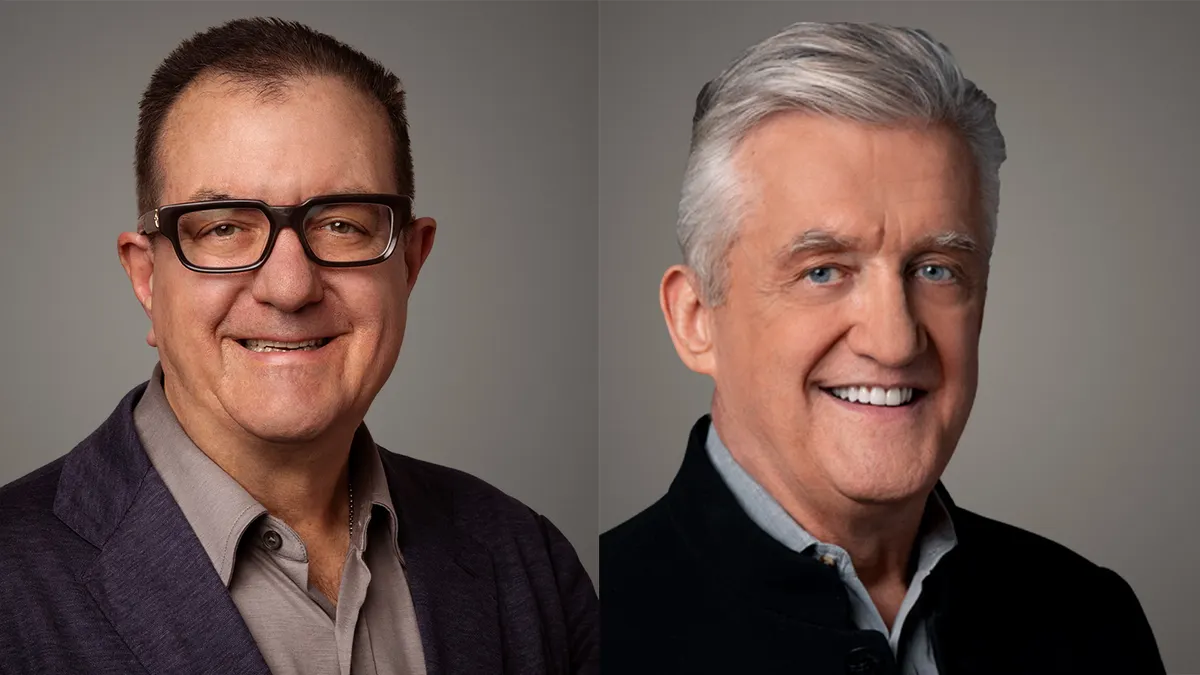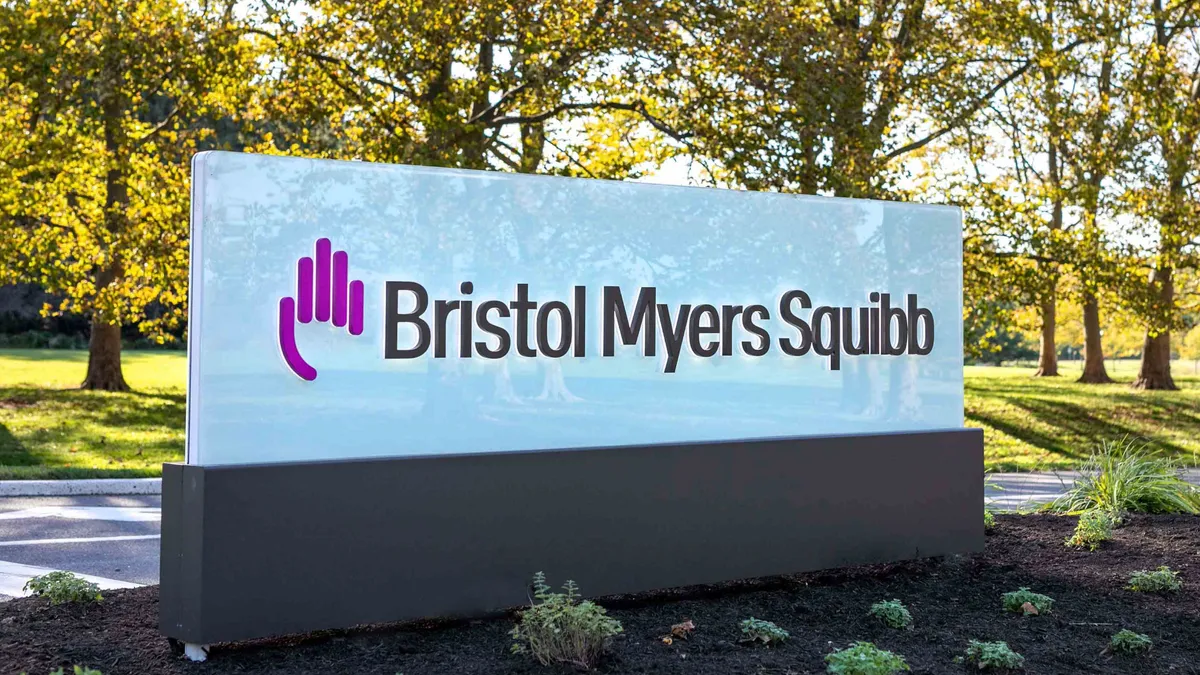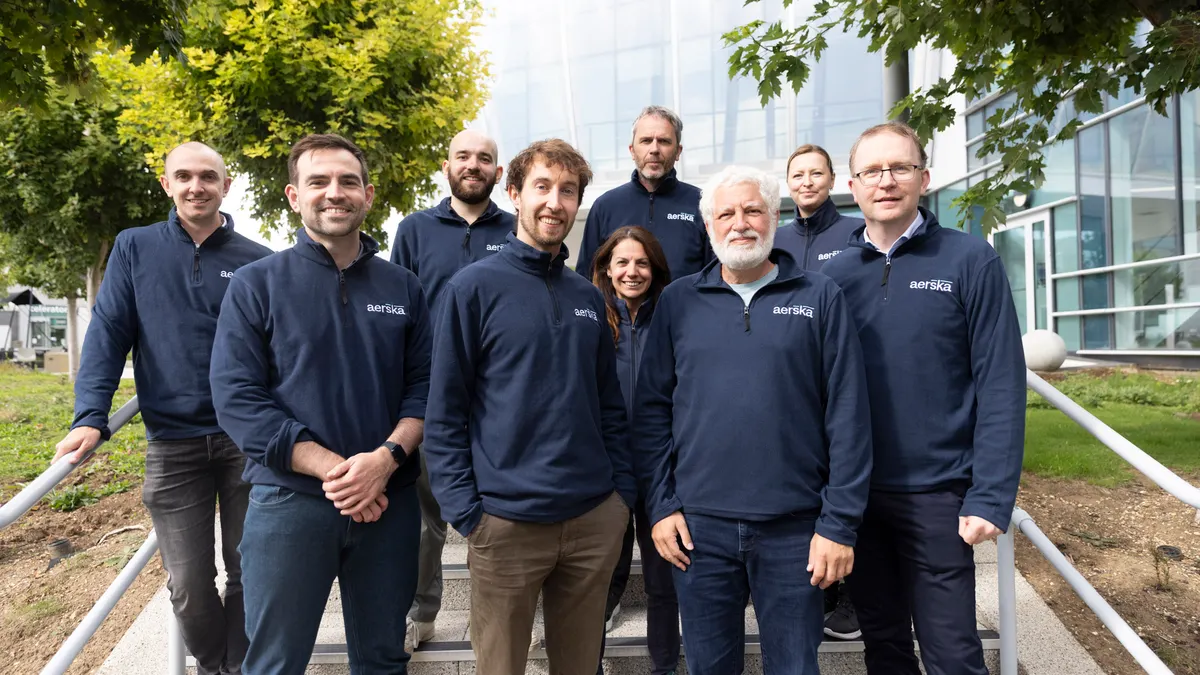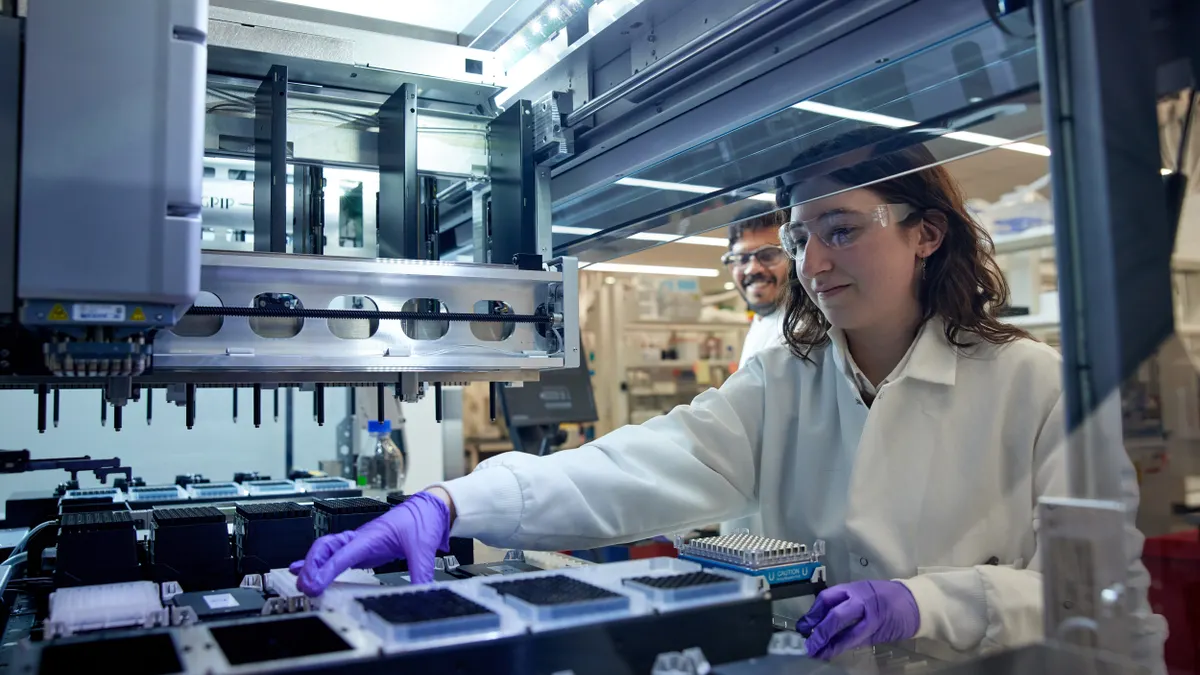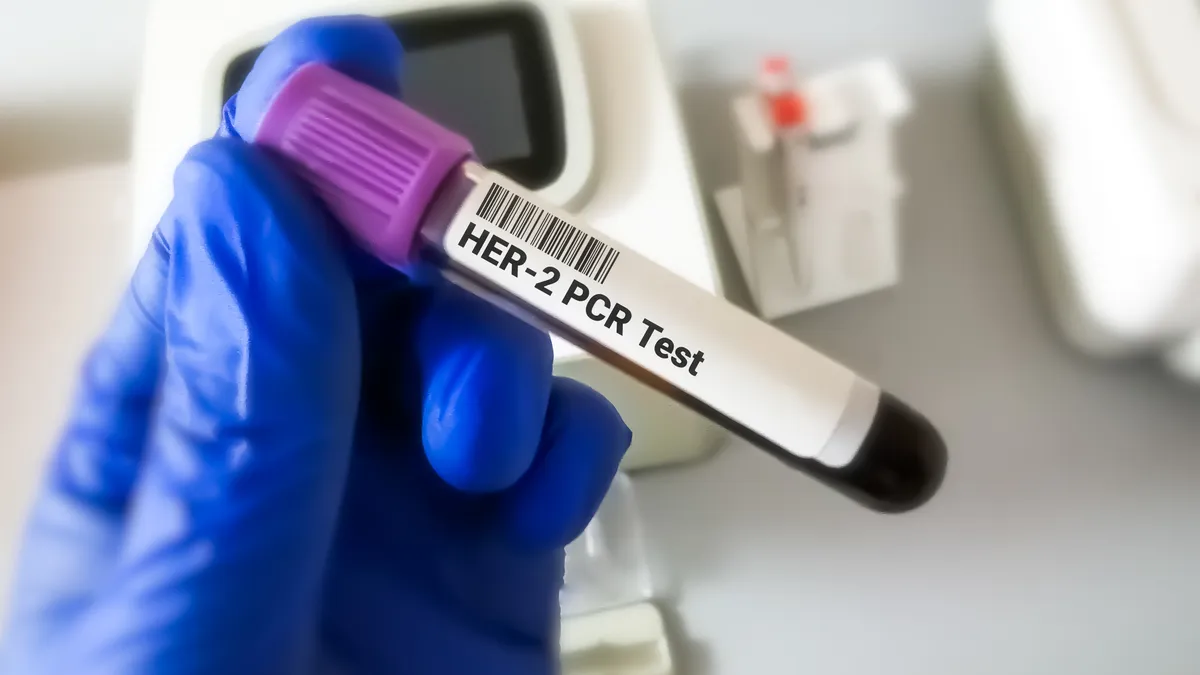The biotechnology careers of John Maraganore and Clive Meanwell have brought them into collaboration time and time again.
As the respective founders of Alnylam Pharmaceuticals and The Medicines Company, the two previously partnered on the drug that would ultimately become Leqvio, which was later bought in a $10 billion acquisition of Medicines Co. by Novartis. And before Alnylam, Maraganore had led development at Biogen of Angiomax, which was later licensed to Meanwell’s company.
Now, the two have partnered to launch and run Corsera Health, which aims to make a preventive medicine for cardiovascular disease as well as an artificial intelligence tool to identify who could benefit from earlier heart intervention.
Corsera’s target are younger people who are not “willing to wait 40 years to see whether they have a heart attack,” Meanwell said. “They're saying, ‘What can I find that will help me?’”
Corsera’s lead drug, an RNA interference therapeutic now in preclinical testing, is designed to be a once-yearly injection that blocks two targets known to drive cardiovascular disease: PCSK9 and angiotensinogen. The company expects to begin clinical testing by the end of the year.
There are two antibody drugs that reduce LDL, or “bad,” cholesterol by binding to and blocking PCSK9, while Leqvio accomplishes the same goal by using RNA interference to reduce PCSK9 production. Currently, all three drugs are approved to treat people who have high cholesterol or, in the case of the two antibodies, to reduce cardiovascular risk in people with established heart disease.
Corsera aims to develop its medicine as a preventive treatment. It’s betting there will be demand from people who want to lower their lifetime risk of heart disease. Even there, though, it could have competition from Amgen’s PCSK9-targeting antibody, which is in advanced testing for primary prevention as well.
Maraganore and Meanwell argue an annual treatment could appeal to payers as well as patients, boosting treatment adherence and reducing barriers to access.
“We’re willing to trade off a little bit on maximal effect in order to get the benefit of that low disutility that enables adoption,” Maraganore said.
In its launch statement, Corsera said it intends to develop its medicine for “population-scale reach,” with “pricing that enables broad accessibility.”
Since leaving Alnylam in 2021, Maraganore has helped launch other biotech companies specializing in RNA interference. Last year, he founded City Therapeutics, and he sits on the advisory board for another, Judo Bio.
Meanwell, after selling Medicines Co. to Novartis, helped launch obesity drug developer Metsera, which earlier this year priced an initial public offering and presented promising Phase 1 data for its amylin-targeting shot.
The two will serve as co-CEOs of Corsera.
Corsera is also developing an AI tool it calls Klotho Health, named after the Greek fate who, in mythology, controlled the threads of human life. Corsera’s name, meanwhile, is rooted in the Latin word for heart.
The company has raised more than $50 million since its formation in 2023, backed only by the founders and insiders. Maraganore and Meanwell said they decided it would be “efficient” if they worked on the company in stealth without tapping traditional venture capital firms.
“When you have a really novel idea, you have to have proof of concept before you can bring the professionals in,” Meanwell said. “Otherwise they tell you, ‘Come back when you when you've got something.’ We really think we've got something now.”



